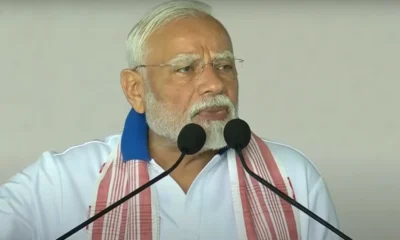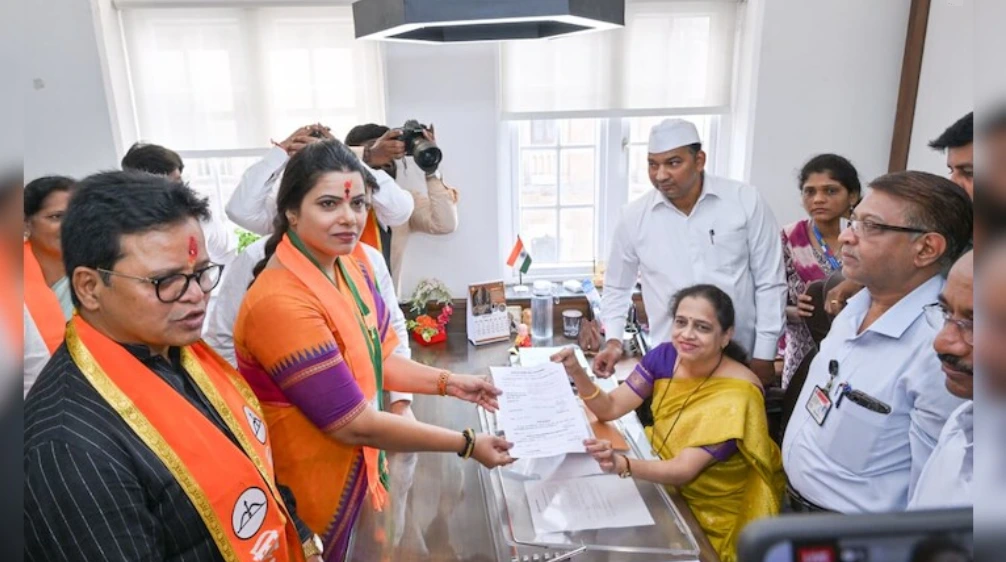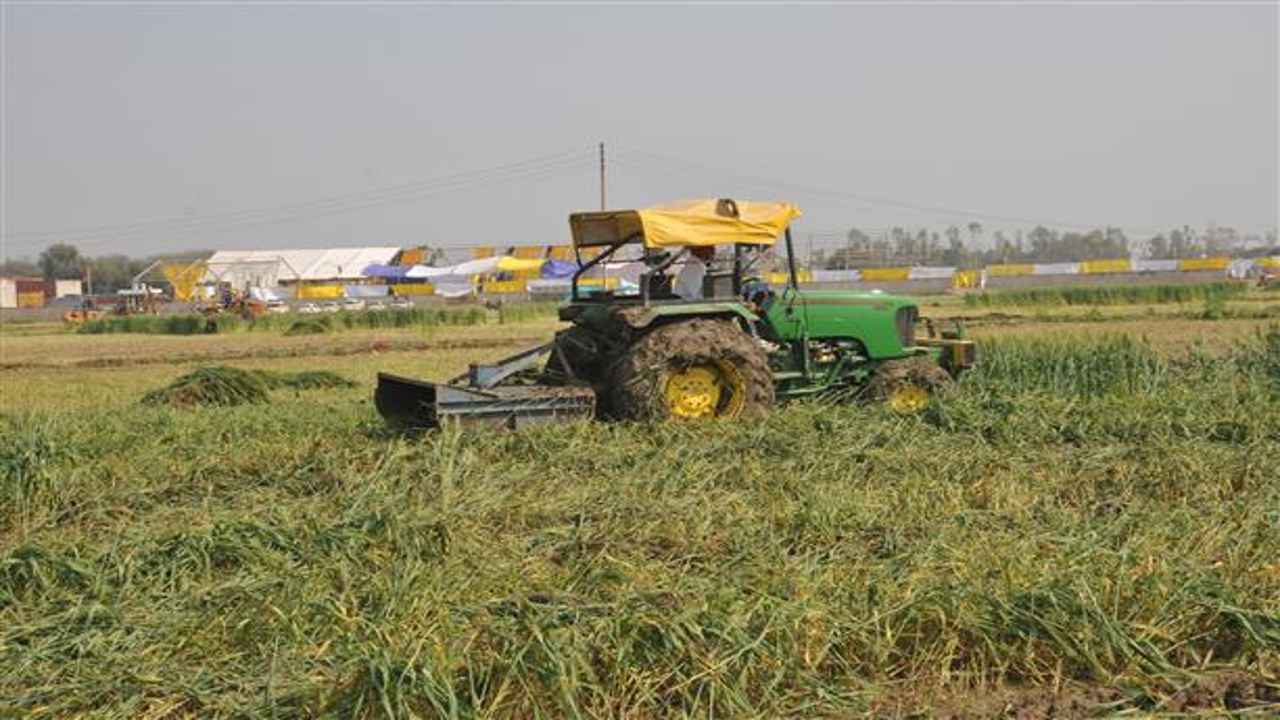In the first bilateral engagement after Imran Khan came to power, Pakistan-India Permanent Indus Commission is beginning its two day meet to iron out their differences over water dispute in Lahore on Wednesday.
According to the leading newspaper Dawn, Pakistan will reiterate its serious objections over two (alleged) controversial water storage and hydropower projects being built by India.
Prime Minister Narendra Modi telephoned Khan on July 30 to congratulate for his party’s electoral victory and expressed India’s resolve to build good neighbourly relations between the two countries. Khan had earlier said that he was ready to move two steps further if India takes one.
A Pakistani government official has told that Indian Water Commissioner P. K Saxena, along with a delegation, was expected to reach Lahore on Tuesday. Pakistani delegation will be led by his Syed Mehr Ali Shah, chief of Pakistan’s Water Commission. The two-day Pakistan-India Permanent Indus Commission talks are scheduled for Aug 29-30 in Lahore.
In March this year the Pakistan-India Permanent Indus Commission met in New Delhi when both sides shared details of the water flow and the quantum of the water being used under the 1960 Water Treaty.

Read More: India wins Kishangana battle against Pakistan at International Court
Dawn quoted an official saying that Pakistan would raise its concerns over 1000MW Pakal Dul and 48MW Lower Kalnai hydroelectric projects on River Chenab despite Islamabad’s serious objections over their designs. Pakistan would like India to either modify the designs to make them compliant to 1960 Indus Waters Treaty or put the projects on hold until Delhi satisfies Islamabad on the issue.
The official further said that the two sides would also finalise the schedule of future meetings between the Permanent Indus Commission and visits of the teams of the Indus commissioners. In accordance with the norms agreed upon by the two sides the water commissioners were required to meet twice a year and arrange technical visits to projects’ sites and critical river head works. The official alleged that Pakistan had been facing a lot of problems in timely meetings and visits.
Read More: World Bank fails to reach agreement with Pakistan on Indus Waters dispute
The Lahore meeting is also expected to discuss ways and means for timely and smooth sharing of hydrological data on shared rivers. The two projects: Pakal Dul and Lower Kalnai dams are constructed on two different tributaries of Chenab river.
According to Pakistan media, India had promised in March last year to modify the designs of two projects and address Islamabad’s concerns but in vain.
Prime Minister Modi laid foundation stone of 1000mw Pakal Dul project in May this year to kick-start the project. The project’s completion is targeted within 66 months with a commitment to provide 12 per cent free of cost electricity to Jammu and Kashmir.
Read More: Pakistan reaches to World Bank against India on Kishanganga dam
Initially, the issue of water sharing was sorted out by the Inter-Dominion accord of May 4, 1948 that laid out that India would release enough waters to Pakistan in return for annual payments from the latter. The problems of this arrangement was soon realised and it was considered necessary to find an alternative solution.
Eventually, in 1960, the two countries reached a decisive step with the intervention of the World Bank. The components of the 1960 treaty were fairly simple. The three western rivers (Jhelum, Chenab and Indus) were allocated to Pakistan while India was given control over the three eastern rivers (Ravi, Beas and Sutlej).
Read More: Dawn: Pakistan lost diplomatic battle on Kishanganga dam
Under the agreement India could use the western rivers for consumption purpose, restrictions were placed on building of storage systems. The treaty states that aside of certain specific cases, no storage and irrigation systems can be built by India on the western rivers.
For India the basic dissatisfaction with the treaty arises from the fact that it prevents from building any storage systems on the western rivers. Even though the treaty lays out that under certain exceptional circumstances storage systems can be built, the complaint raised by India is that Pakistan deliberately stops any such effort due to the political rivalry it shares with India.
Read More: Pakistan asks World Bank to vouch India abiding IWT
The matter is further aggravated by the fact that the western rivers lie in Jammu and Kashmir, which has been a subject of tussle between the two countries since independence.
Since the treaty’s conception in 1960, the two countries have been embroiled in conflicts over a number of projects including the Salal hydroelectric project on the Chenab, the Tulbul project, the Kishenganga and Ratle hydroelectric plants.
The current conflict is over the Kishenganga dam project and the Ratle hydroelectric project. The Kishenganga hydroelectric plant is a $864 million worth of project that was initiated in 2007 and was projected to be completed by 2016.
Read More: No agreement yet between India and Pak on Indus Waters Treaty: World Bank
Pakistan took the project to the Court of Arbitration in 2010 raising six issues that they say violate the treaty. In 2013, the Court of Arbitration ruled India to go ahead with the project under the condition that a minimum water flow to Pakistan of 9 cubic metres per second is maintained. On several other issues however, no agreement between the two countries could be reached.


 India News14 hours ago
India News14 hours ago
 India News11 hours ago
India News11 hours ago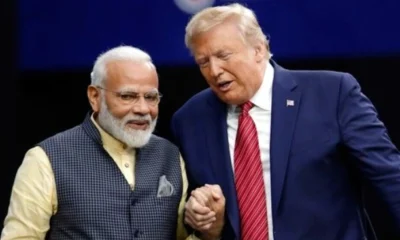
 Latest world news11 hours ago
Latest world news11 hours ago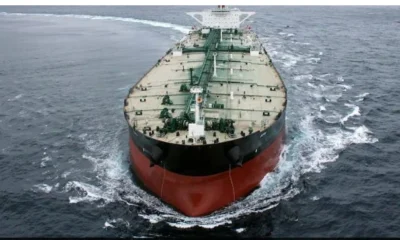
 Latest world news5 hours ago
Latest world news5 hours ago











